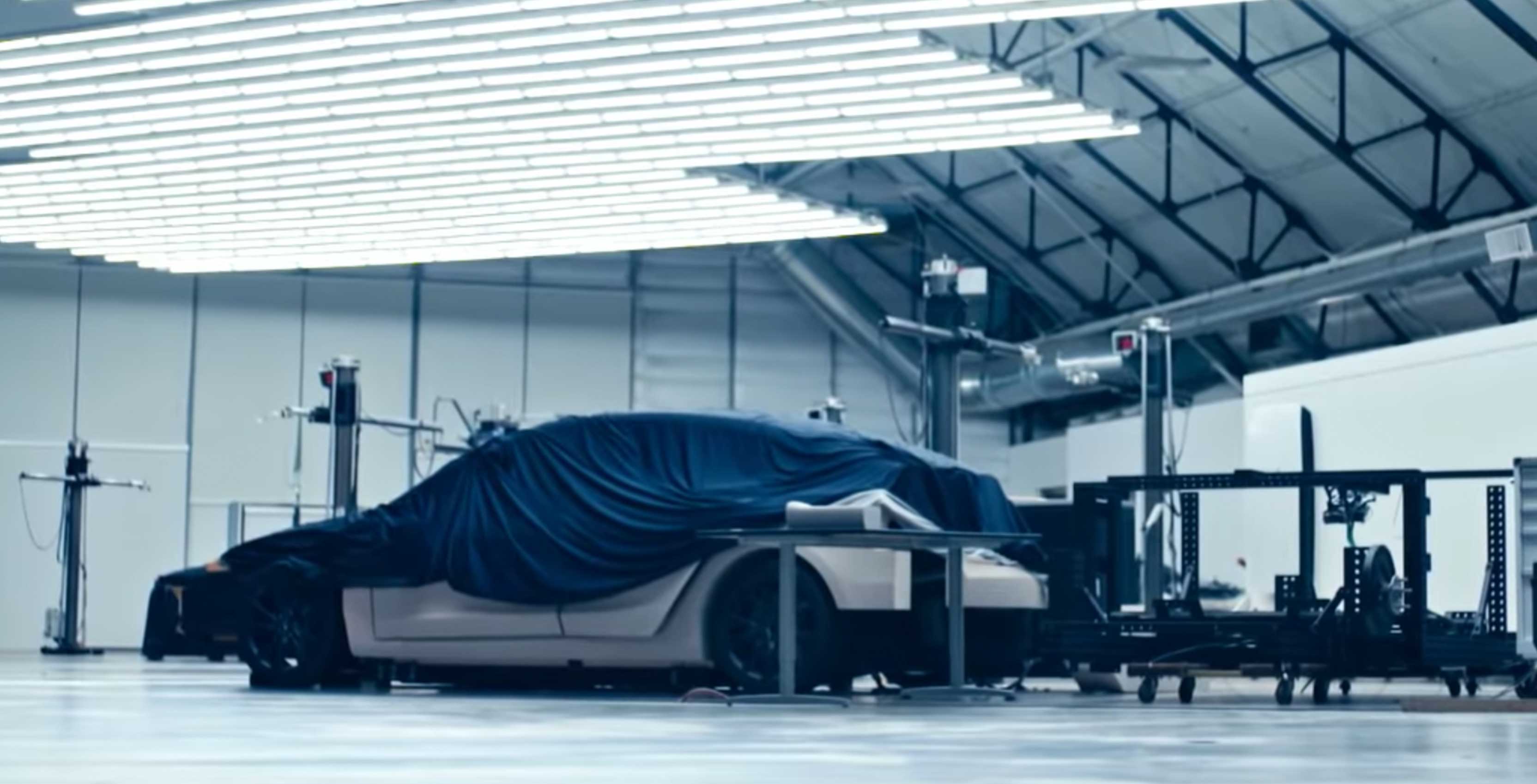
U.S.-based electric vehicle manufacturer Tesla has released its third quarter 2018 vehicle safety report.
Since the beginning of Q3 2018, Tesla vehicles registered one accident or ‘crash-like incident’ for every 3.34 million miles (roughly 5.37 million kilometres) travelled with Autopilot engaged. There was one crash or crash-like incident for every 1.92 million miles (roughly 3.08 million kilometres) driven traditionally.
Tesla vehicles are constantly connected to the internet, meaning that the company can track when its cars are involved in crashes, as well as situations where the driver almost got into a crash, but narrowly avoided a hit.
As a point of comparison, the U.S. National Highway Safety Administration’s most recent data states there’s one automotive crash for 492,000 miles driven (roughly 791,797 kilometres), according to Tesla.
Tesla has also added a new step to its crash response calls to help gauge how vehicles protected drivers from crashes or how vehicles could have better protected drivers.
It’s worth noting that the data shared by Tesla in its Q3 2018 safety report is skewed in its own favour since the company’s vehicle only represents roughly 1.44 percent of the U.S. Market.
Based on all of this year’s Tesla production numbers and the knowledge that the company sold its 300,000th car in February 2018, estimates suggest that there are roughly 468,000 Tesla’s roaming across North America.
In comparison, Ford vehicles represented roughly 14.9 percent of the U.S. automotive market in 2017, meaning that Ford around four million cars on U.S. roads a year ago. Though its percent of market share may have stayed relatively similar, the number of Ford vehicles on U.S. roads has likely increased since then.
Since Tesla vehicles represent such a small fraction of the North American market, the company’s cars won’t get in as many crashes as cars that are part of larger brands like Ford, GM or Volkswagen, thereby skewing the company’s Q3 2018 statistics in its favour.
Source: Tesla
MobileSyrup may earn a commission from purchases made via our links, which helps fund the journalism we provide free on our website. These links do not influence our editorial content. Support us here.


